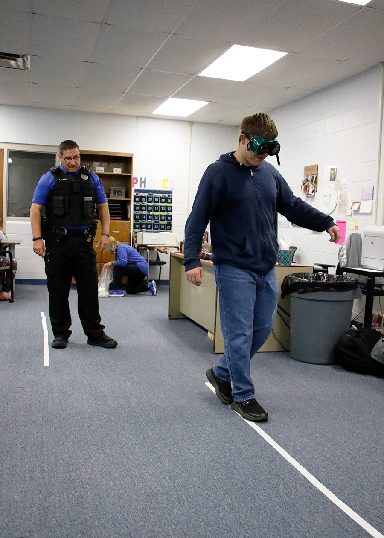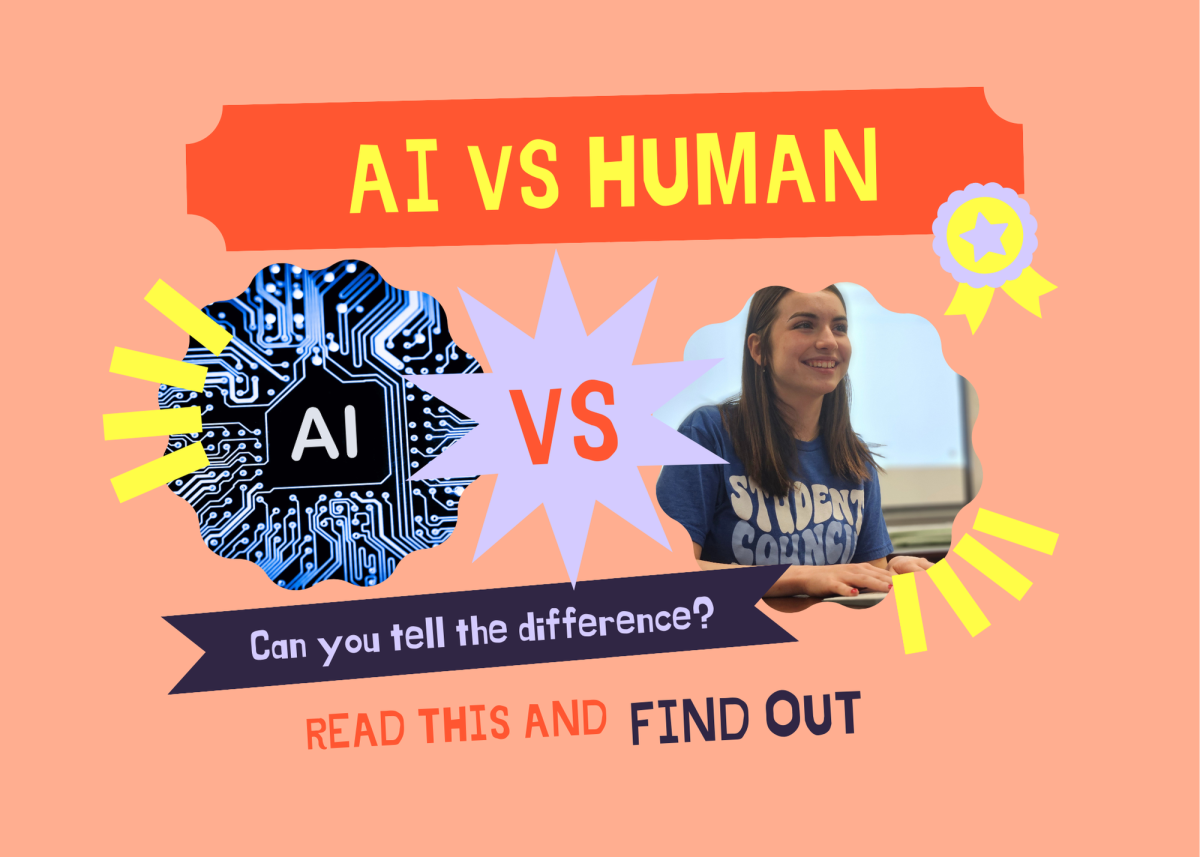Officer Dewolfe began a series of informative lessons for students on September 30. One of his first lessons was on drunk driving in the human services class.
“I’m lecturing them in the hopes that students will see that they have no control mentally or physically of themselves or their vehicle if they are intoxicated,” Dewolfe said. “Drunk driving affects teens with their depth perception and increased reaction time which are the two common consequences of alcohol.”
Motor vehicle accidents are the leading cause of death among teens. Accidents can be caused by peer pressure, texting and driving, and intoxication.
“Teens can avoid peer pressure by surrounding themselves with good friends with the same safe, healthy and lawful views,” Dewolfe said. “Teens should keep an open and honest relationship with their parents who can help them through tough peer pressure situations.”
Lowering the number of passengers in the vehicle decreases the chance of accidents. Distractions may be decreased by the driver establishing rules with their passengers, lowering radio volume, and not driving with anyone intoxicated in the vehicle.
“There are studies that state that teen drivers were two-and-a-half times more likely to engage in risky behaviors with one or more peers in the car compared to driving alone,” Dewolfe said. “Additionally, alcohol is a recipe for injury or death.”
To portray how drunk driving affects the driver, Dewolfe gave students impairment goggles to show them what it looks like. Alcohol not only affects drivers physically, but it also affects them mentally.
“Teens who get intoxicated can be affected mentally with depression,” Dewolfe said. “Anxiety and antisocial behaviors, as well as physically, can lead to high blood pressure, heart or liver disease.”
Alcohol use is one of the leading causes of high blood pressure, stroke, liver disease, and cancer. Mentally, alcohol makes it harder for balance control, memory, speech, and judgements.


















